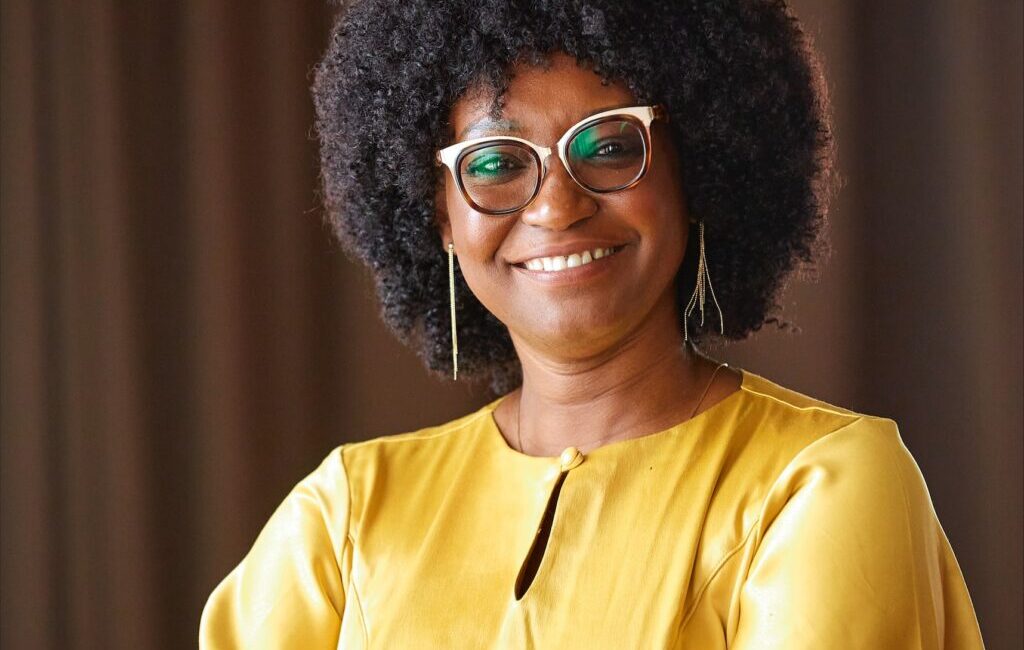Juliet Yaa Asantewa Asante, the CEO of Ghana’s National Film Authority and Board Chair of the National Film and Television Institute, recently shared her ambitious plans for the Ghanaian film industry in an exclusive interview with TV3’s New Day program on February 23.
Here are the key highlights from her engaging and insightful discussion:
Asante expressed her admiration for the South Korean film and TV industry and aims to emulate their success in developing high-quality content while staying true to Ghana’s culture and language.
Tax incentives and film funding were major topics of discussion. Asante emphasized the need for tax incentives to attract international productions to Ghana and stressed the importance of establishing a film fund to support local filmmakers.
She mentioned engaging in discussions with Amazon to encourage them to consider Ghana for production. This highlighted a significant challenge faced by Amazon in other countries, where they waited up to 5 years for their tax rebates. Asante aims to make Ghana’s tax incentive system more attractive and efficient, proposing a total exemption on the importation of equipment.
The rebranding of the Ghanaian film industry from “Ghallywood” to “Black Star” was a topic of debate. Asante explained that the industry sought a new name to unify and strengthen its identity on a continental and global scale. However, there were controversies over the selection process and potential conflicts of interest, as the name was similar to the Black Star International Film Festival, which Asante founded. Despite these challenges, Asante emphasized the broader implications for Ghana’s film industry and the need to focus on its marketability.
The National Film Authority, despite being relatively new, has launched significant campaigns like the Shooting Ghana campaign and the C agenda, aiming to establish Ghana as a premier film and content hub in Africa.
Asante, in her third year as NFA chief, sees her role as a continuation of her efforts to implement ideas and effect change within the creative arts and tourism sectors.
She plans to review existing ideas and strategies, engaging in deep conversations to explore untapped possibilities such as incorporating design thinking and gamification in education. Asante stressed the need to operate beyond partisan mindsets to foster sector growth and national development.
Recognizing the global shift towards digitalization, Asante highlighted the importance of enhancing the skill levels and technological proficiency of Ghana’s youth.
She addressed divisions within the Ghanaian film industry, viewing them as symptomatic of larger challenges. Asante expressed optimism that improvements in quality and a focus on authentic Ghanaian content will bridge these gaps.
In conclusion, Asante’s vision for the Ghanaian film industry focuses on inclusivity, innovation, and leveraging Ghana’s unique cultural and demographic advantages to position the country as a leading destination for content creation in Africa.
You can watch the full interview below:



